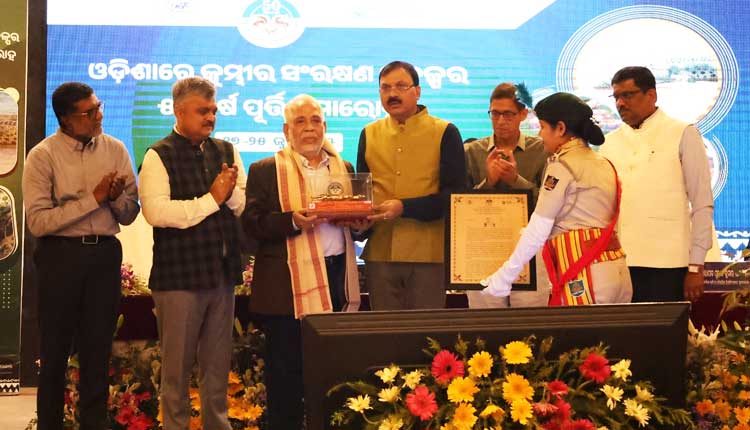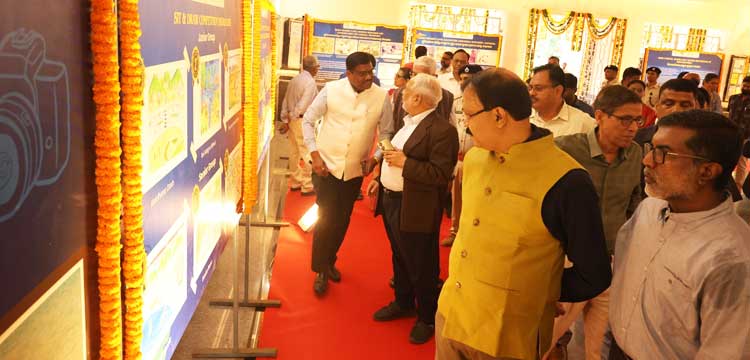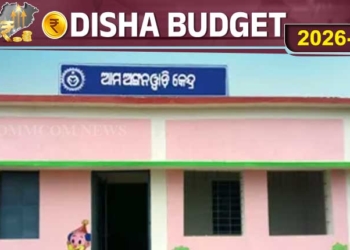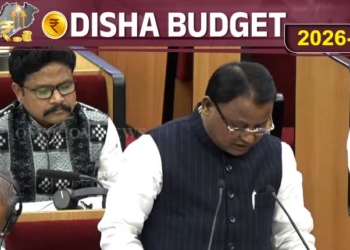Bhubaneswar: Forest, Environment and Climate Change Minister Ganesh Ram SinghKhuntia on Tuesday appealed to the public to make crocodile conservation a mass movement.
The state celebrated the 50th anniversary of the Crocodile Conservation Project in Odisha on Tuesday.
In a video message played at the event organized on the occasion of International Crocodile Day, the minister said that Odisha is an important habitat for crocodiles, as all three species—the saltwater crocodile (Baula), Mugger, and Gharial—are found in the state.
“For the past 50 years, our state has been setting an example for the whole world in crocodile conservation,” he said.
He further stated that crocodile conservation is not just about saving a single species; it symbolizes the preservation of rivers, water bodies, and the entire ecosystem.
Being an integral part of the food chain, crocodiles play a vital role in maintaining natural biodiversity by removing dead organisms from rivers, lakes, and other water bodies, thereby creating a healthy environment, Singkhuntia said.
Stating that the state is committed to protecting water, forests, and wildlife, he added, “We must pledge to continue the great work started by our ancestors toward nature and environmental protection and turn it into a mass movement.”
“The challenge today is to make the crocodile conservation project in the state as successful as possible by maintaining the ecological balance of the wetlands,” he added.
Additional Chief Secretary (ACS) of Forest, Environment and Climate Change Satyabrat Sahu said, “Today, we are not just celebrating an ordinary event, but a unique and glorious 50-year journey of Odisha in the field of nature (crocodile) conservation.”
About fifty years ago, the three species of crocodiles living in the rivers, lakes, and reservoirs of Odisha were on the verge of extinction, with their numbers limited to just a handful, he said while recounting the history of the crocodile conservation project.
In that critical situation, in 1975, the ambitious project was launched in Odisha with joint support from the Government of India and the United Nations, the ACS said, adding that Odisha’s role in the success of this project has become an example for the whole world.
From just 96 Baula crocodiles in Bhitarkanika mangrove then, their number has increased to 1,880.
Similarly, due to the natural reproduction of the Gharial crocodile at Satkosia Gorge in Tikarpada of the Mahanadi, its population has increased to 16.
Thanks to successful breeding efforts, the state now has more than 200 Mugger crocodiles, he added.

















